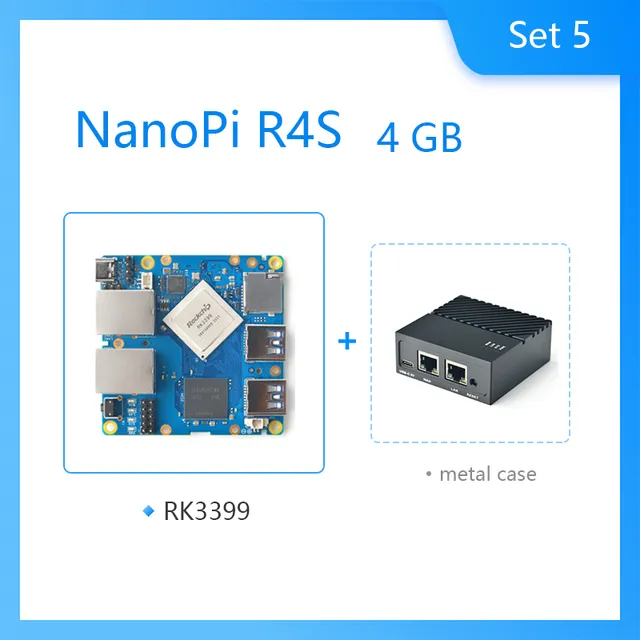Me too, and if we hadn’t made this mistake we wouldn’t be here thanking you today (not only for the images that DietPi provide – I found better and more updated than those of the Chinese manufacturers –, but also for the advice on the forum). I’ve bought all the Raspberry Pis except the last one, and it’s definitely better in support, but it’s no longer what I need. I don’t want SBCs to cool that require a 27W power supply to run connected to an external drive.
I see that many feel the need to have a computer, or rather, a second or even third computer to use Linux, and in that case the one you already have is fine.
If I need non-energy-intensive hardware to carry out individual tasks, on the basis of software put together or written by me, a microcontroller would also be fine for me, and I have purchased many of these too.
DietPi for StarFive VisionFive 2 is the best on the market and also works perfectly on Mars | Milk-V . To be honest, I have to write that the RISC-V SoCs I tested are not as performing as the ARMs. Now it seems slower than the previous one with the graphical environment.
Even the Mango Pi MQ Pro (Nezha D1), starting from the Vasco image, updated up to DietPi 9 (with a little sweat and a USB-C network card for the first steps) works better than any other distribution tested , even Ubuntu, at least until you try to install FFMPEG which I do not recommend for now.
Therefore, do not underestimate your contribution as true masters of the Terminal. Thanks and congratulations.
I found many similarities between Raxda’s ARM SBCs and Milk-V’s RISC-Vs (both with Ethernet), they have some identical connectors and components and in the same positions on the PCBs, although I have not tested I2S and other expansions it seems to me that the hardware is advisable, the software is not updated on manufacturers’ sites but at least they don’t provide snapshoots like Milk-V which I will avoid in the future (also because I had to enlarge the holes in the case for Rapberry Pi).
I also bought some passively cooled mini PCs with Intel processors, but I don’t know what to do with Windows, I want a compatible Posix Terminal without having to install WSL2 and Ubuntu and if I don’t reward those who produce different hardware, tomorrow I’ll keep the laptops with the BIOS locked and the operating system chosen by the manufacturers.
